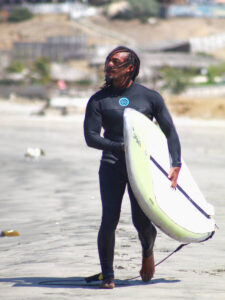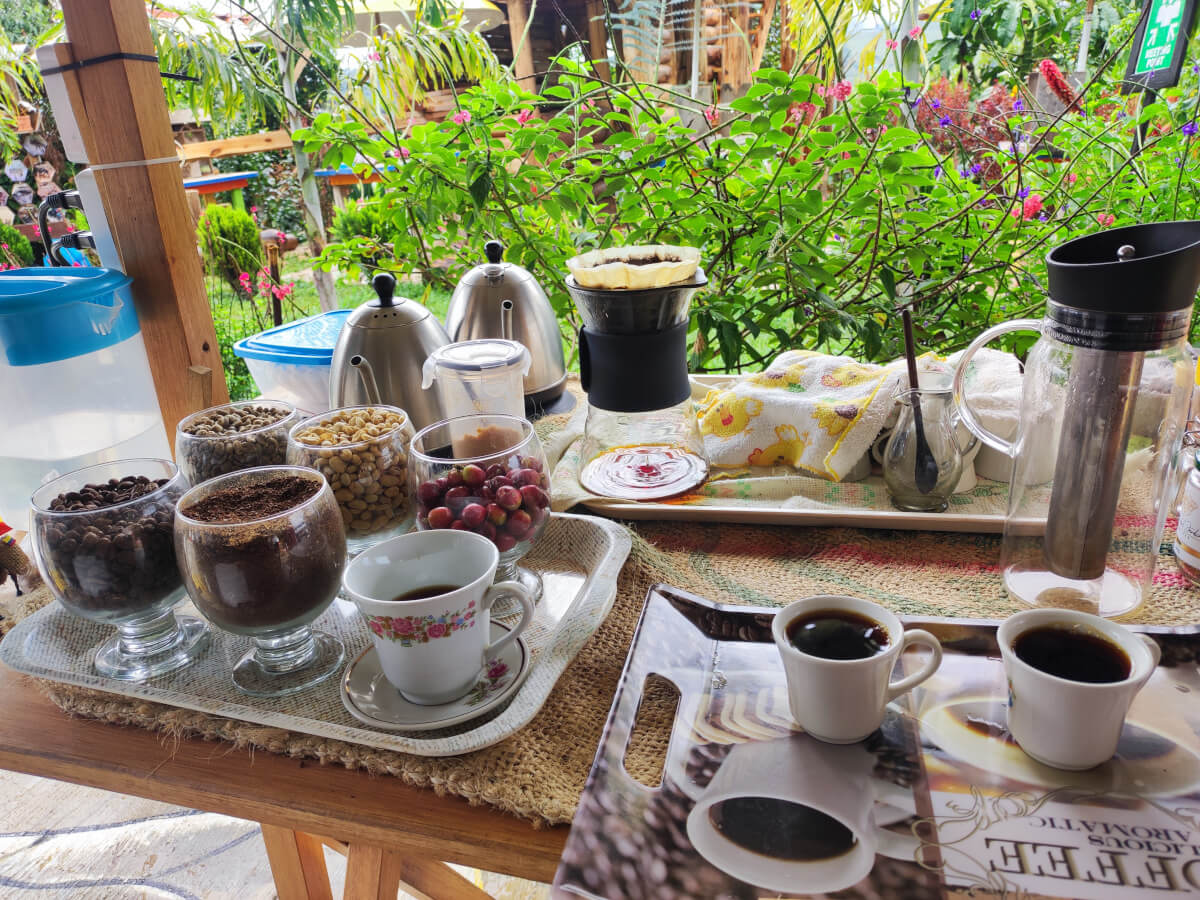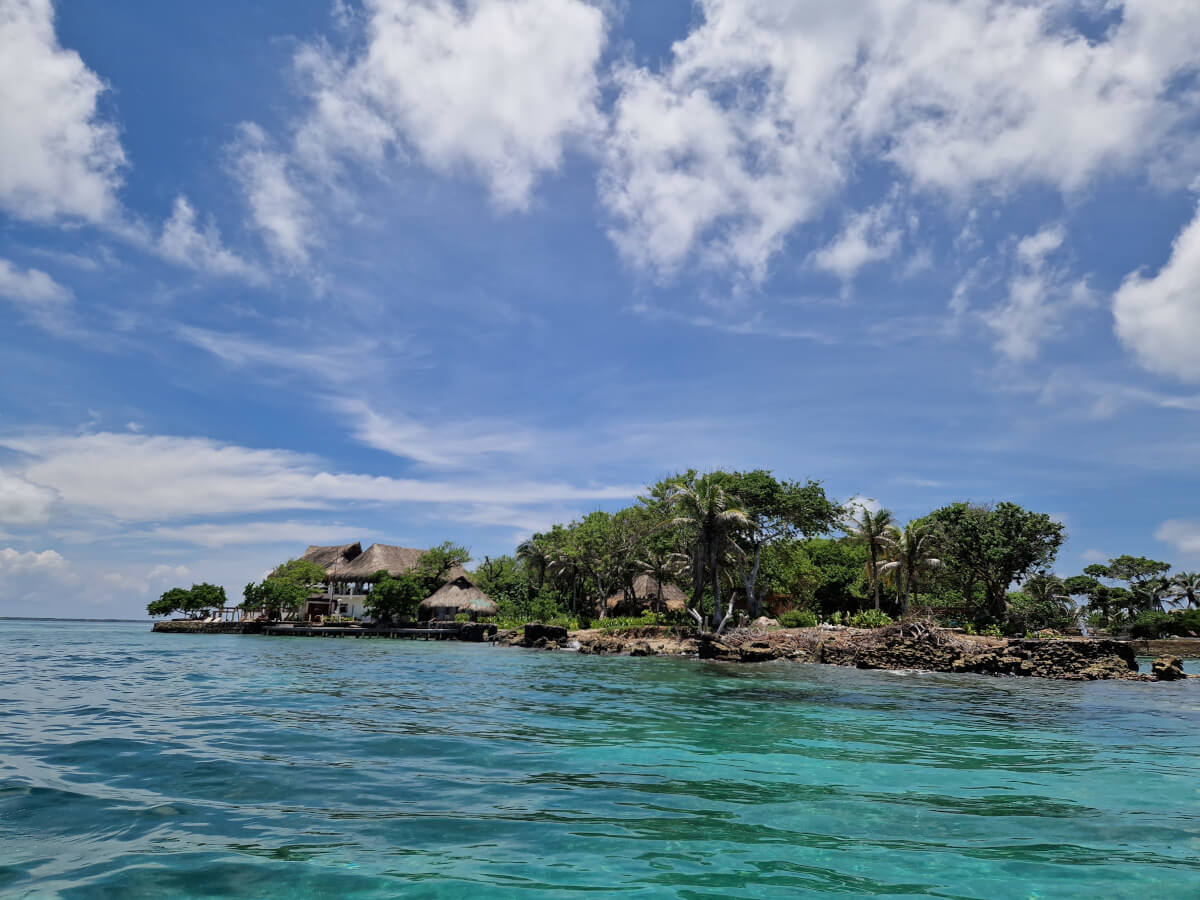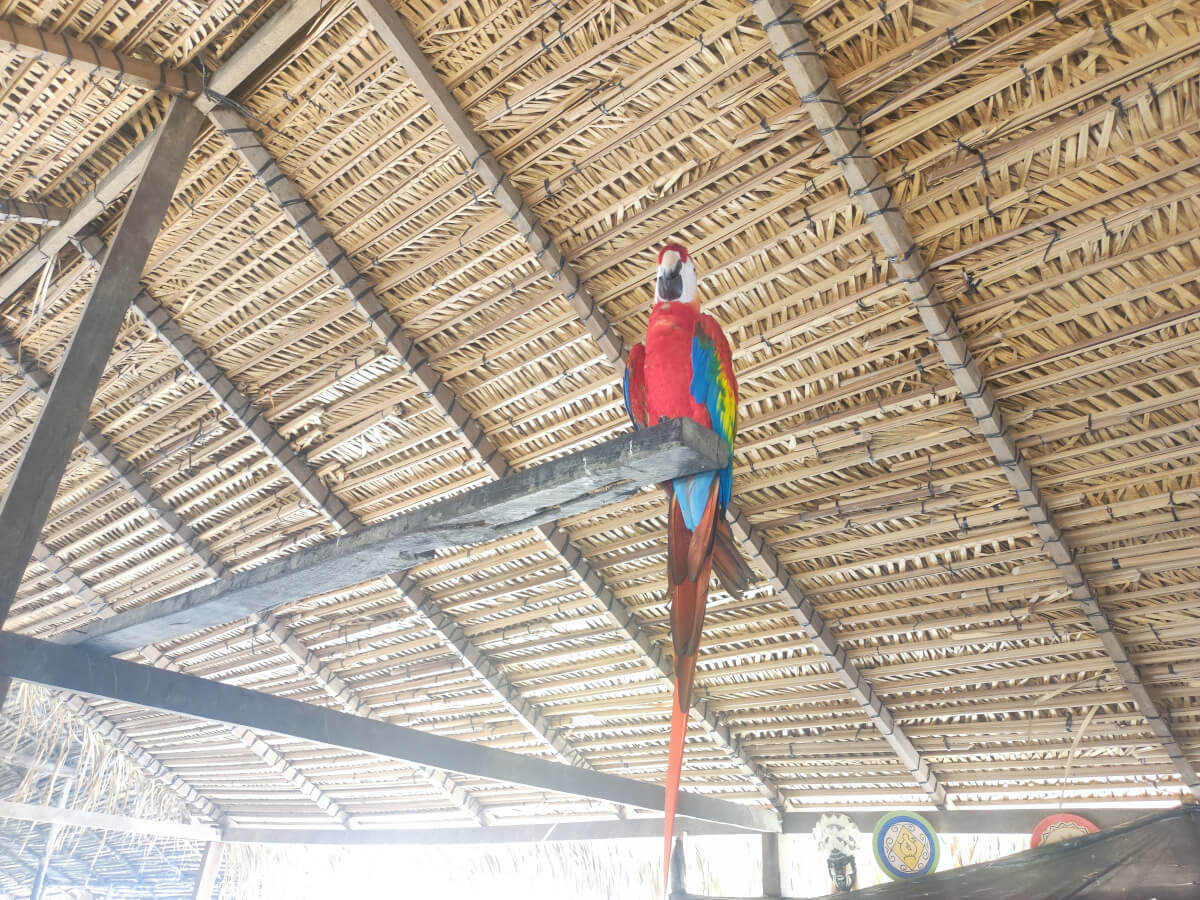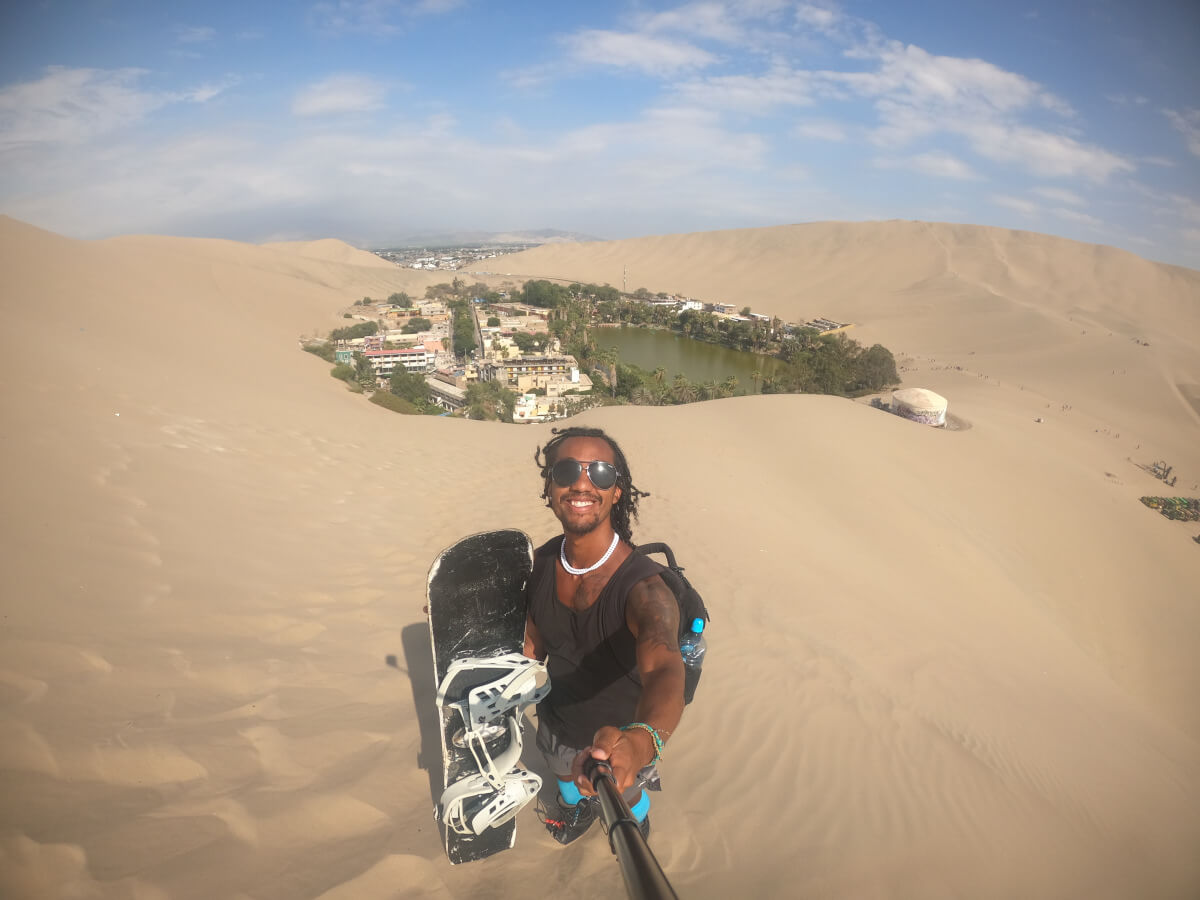Antonio Fernando Gil was born in Luanda, Angola. After completing high school, he enrolled in studies to achieve his dream of becoming a military in his country.
During his studies, an opportunity to move to Serbia showed up. The Angolan government offered him a four-year scholarship to complete his military education in Serbia and return to Luanda afterward.
Antonio moved to Belgrade in 2013 and returned to Angola in 2016 after an interruption of his scholarship.
In this blog post, we will go through his experience in Serbia and his impressions of the country and its culture.
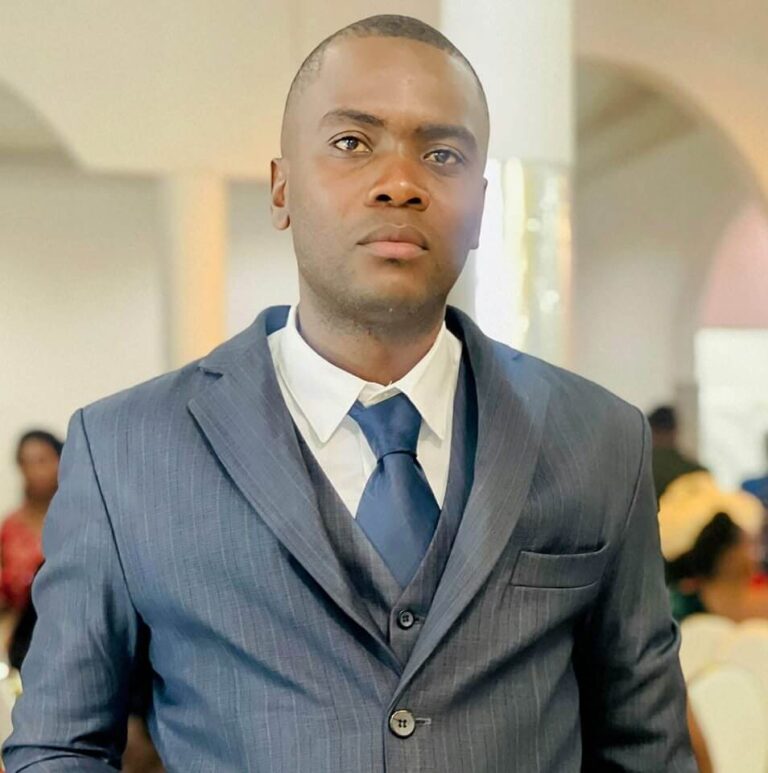
Table of Contents
Antonio's journey
In this section, you will read a summary of Antonio’s history in Serbia since he left Angola in 2013, going through the most important events of his life until 2016 when he left Serbia.
He moved to Serbia with a large group of Angolans who shared the same purpose: to educate themselves in military studies in specific areas and bring the knowledge acquired back to Angola after four years.
Many scholarships
Antonio completed high school in Luanda with one thought in his head: the next step in his life would be to become an officer in the military; that was his dream.
He joined the military academy in Angola, and many opportunities showed up for him to study in other countries. The first scholarship would send him to Cuba, but he wasn’t very interested, so he let that opportunity pass.
A few months later, a scholarship to Brazil was in the cards, but Antonio wasn’t very excited about the idea. He was enjoying his studies in Angola and leaving the country wasn’t part of his plans.
The first phase of military studies lasts 15 months, so his focus was on completing the first phase and proceeding to the next steps in his career.
President Vucic visits Angola
Serbia’s President Vucic visited Angola and made a deal with the Angolan President to bring military students to Serbia on a scholarship program. This time was different because Antonio and the other students were required to move to Serbia for a four-year scholarship; they would be arrested if they didn’t comply.
The military took care of the documentation and told Antonio when he would leave Angola. At first, he wasn’t pleased with the idea. However, later, everything became exciting, and he embraced the idea of having a new experience in another country.
Everything was prepared for him when he left Angola in 2013 to start his journey in Serbia. However, after three years, the government interrupted the program, and Antonio returned to Angola in 2016. He went back to his family and friends in Luanda, where he currently lives.
Questions
In this section, you will read answers to questions I asked Antonio to better understand his experience in Serbia. Each heading corresponds to one question, followed by his answers.
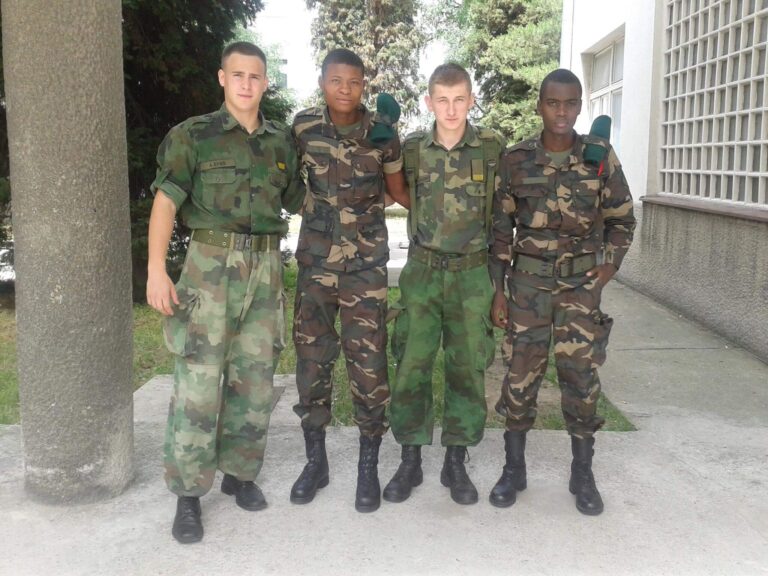
Q: What did you know about Serbia before moving?
Antonio: Almost nothing. I didn’t know much about the country; I heard about it the first time when Serbia played in the World Cup in 2006. A few weeks after the World Cup, I discovered the country split, and both parts declared independence.
Q: How was the preparation to move?
Antonio: Preparing to move was easy regarding the documents. The military took care of everything, so I only had to get a passport and provide a few documents.
After the confirmation that I would move to Serbia, I started checking facts about the country on the internet. There were a few websites where I could find some information about it. Slowly, I was getting ready for this new adventure.
The hardest part was saying goodbye to my family. I wasn’t happy about leaving them in Angola, but at the same time, I felt excited, wondering what was about to happen in the next few years.
Q: Did you have any concerns about the country?
Antonio: I was very concerned about racism. Many Portuguese people were living in Angola back then, but now it’s less. Before 2003, many were living there.
Even though they were living in my country, many of them had bad behavior, being very racist towards Angolans.
Since Portugal and Serbia are both in Europe, I was afraid that Serbian people would be very racist towards me and my friends as well. It is a white people country, and there were not many black immigrants living there.
Luckily, I was wrong. After arriving in Belgrade, I realized that Serbs are very open and welcoming, so my fears disappeared quickly.
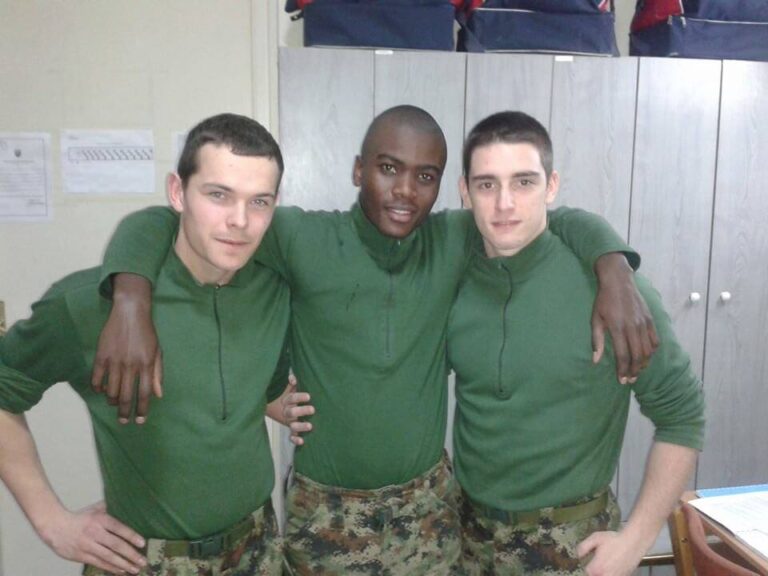
Q: Tell me about the biggest cultural shocks you faced in Serbia.
Antonio: The first one was food. They eat a lot of meat there, really, a lot. In Angola, we eat meat as well, but not on the same level as Serbs. I think the fact that meat is very cheap in Serbia compared with Angola also helps to motivate people to eat less meat in Angola.
Another cultural shock was the warm reception of the Serbs, as I mentioned. When I arrived, people were very friendly to me and my friends, including those we met at the Military Academy in Belgrade.
People would stare at us often, and many times, some of them touched me, asking me if I had painted my skin. It didn’t bother me, though.
Serbs are always on time, which surprised me because people in Angola people are always late. If you tell people to come to your house around 7 p.m., many will start getting ready around 7 p.m. In Serbia, they would arrive at my place precisely at 7 p.m. This cultural difference benefitted me, so I learned how to be like them.
The humidity is high in Serbia. At first, it was hard to get used to the cold weather. However, during my second winter, I quickly got used to it.
In Angola, we shower with fresh water, but in Serbia, they are used to have boilers to heat the water.
Q: How was the adaption process in Serbia?
Antonio: The language was by far the biggest challenge in adapting to my new life. I don’t speak English, and there was no way to communicate with Serbs in Portuguese, so I had to learn the Serbian language quickly.
It was challenging because there was nothing I could reuse from Portuguese. Their alphabet is different, and the pronunciation was tricky to get right. We studied Serbian intensively for five months, every day in the military academy.
Q: Do you consider Serbia a safe country?
Antonio: Yes, very safe. When I was researching about violence in Serbia, I found out that criminality is low there. Quickly, I found out this was true when I arrived. It never came to my ears any story that someone was robbed or some violent crime happened.
I went out several times with my friends, and we could return home at any time without concerns about our safety. Belgrade is very safe, and anyone is free to walk around at any time.
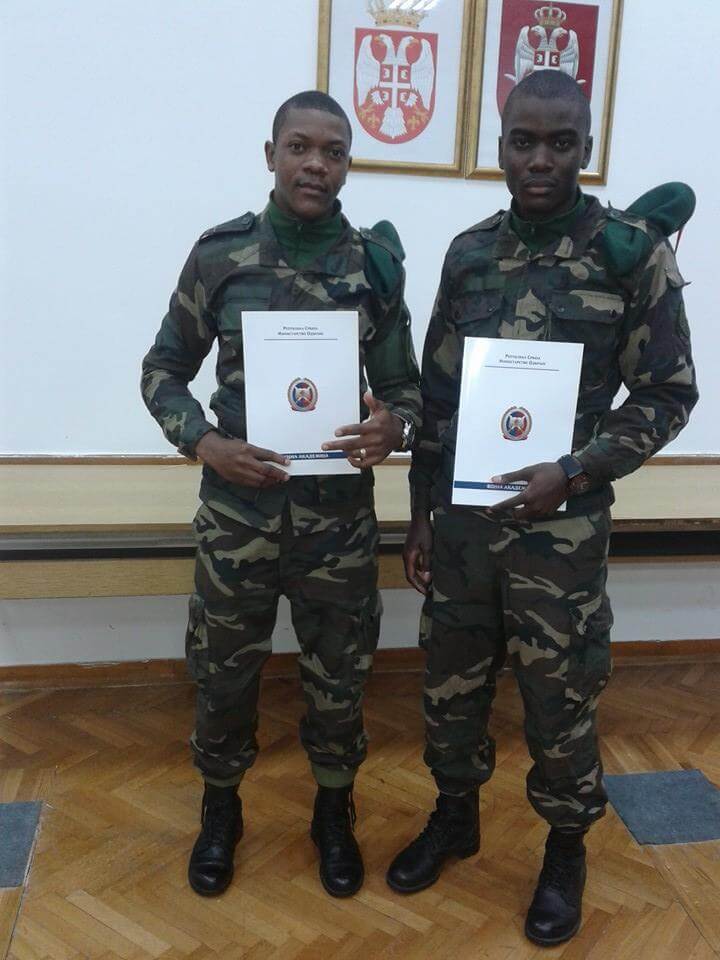
Q: Do you face racism in Serbia?
Antonio: Many times when I was out, a drunk guy would point to me and my friends, saying things like, “Look, a black man”. Guys would look at me and talk between themselves about me, it didn’t bother me because I felt it wasn’t something to be angry or bothered by.
At the beginning of my stay in Serbia, in 2013, a couple of times, if I was alone in the bus station without white people around, the bus driver would stop many meters after the bus station. I felt it was an attempt to tell me not to get on the bus.
A couple of times, the bus driver would shut the bus door if I tried to get in. Of course, they would do this only if there were no white people around us.
The situation with the bus drivers bothered me a lot, so I stopped using public transportation. If I had to go somewhere, I would order a cab.
Q: How do you define your overall experience in Serbia?
Antonio: It was a good experience overall. Seeing the country, learning its culture, and living many memories left a good mark in my heart that I will never forget.
I am still in contact with many of my Serbian friends to this day. If another opportunity shows up to revisit Serbia, I would go but only to visit, not to live.
Angola is a country with many problems, including corruption, but in the end, I really like my life here. I see myself living here for many more years.
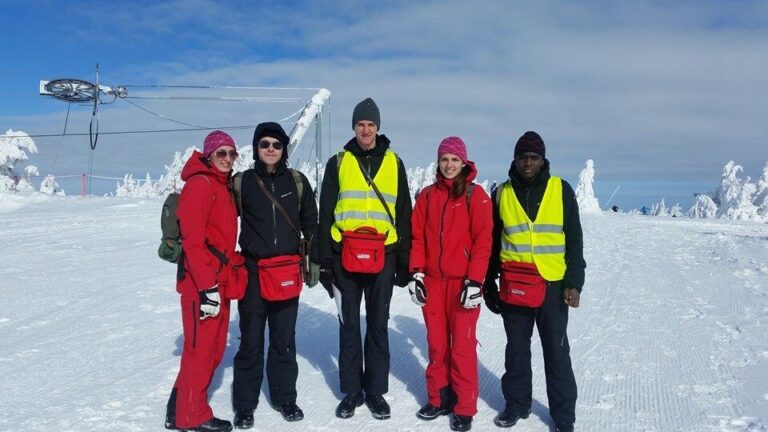
Q: What you say for people of color thinking about visiting Serbia?
Antonio: I believe that Serbia is currently a multi-cultural country where foreign investment and labor are welcomed. It’s a good country to start a family and raise kids. However, it isn’t a good country to develop a professional career; the economy is not doing well.
The education level in the country is higher than in Angola, and so is the healthcare system. Food is very affordable, and the country is safe; these are the reasons why it’s a good country to raise kids.
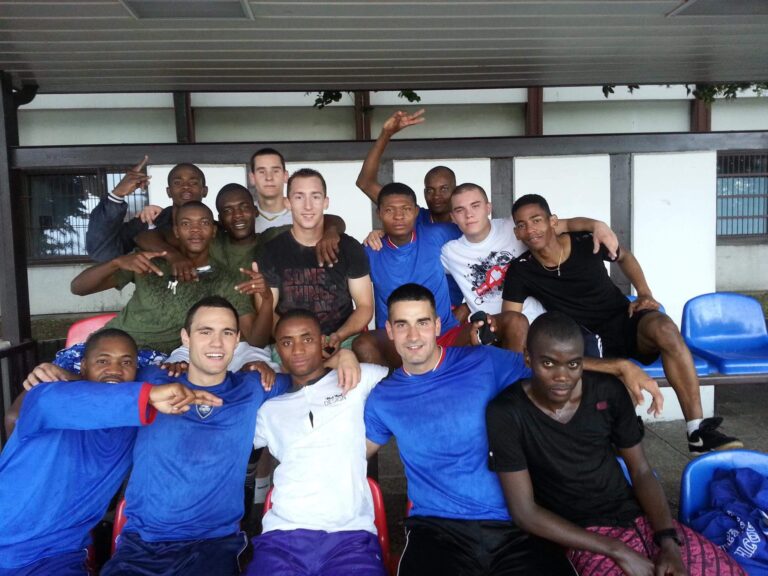
Conclusion
In this article, you learned about Antonio’s experience in Serbia. After his 3 years journey in the country, there was an issue related to the budget of the program he was part of.
The government in Angola brought him back to the country together with the other students.
He was sad because the studies weren’t completed in Serbia. Back in Angola, he continued pursuing his dream of becoming part of the Military in his country. He’s working as a cop and planning to study at the University and get a degree in Criminal Ciences soon.
Antonio can be found on Instagram if you want to contact him: @antoniofernando.gil.5
Wanna read more stories about Black People in Serbia? I also interviewed Belmira, a woman from Angola who has lived in Serbia for 13 years! Click here to read more about her experience in Belgrade.
Mouamar from Guinea-Bissau also shared his story with me, he moved to Belgrade in 2015, click here to read more about his story.
I hope you found this article interesting. Don’t forget to share it with a friend planning to visit Serbia. If you want to keep up with the latest blog posts and learn more about ecotourism, adventure travel, and experiences, consider signing up for my newsletter here; it is free!!
See you all in the next article!! Bye!!

